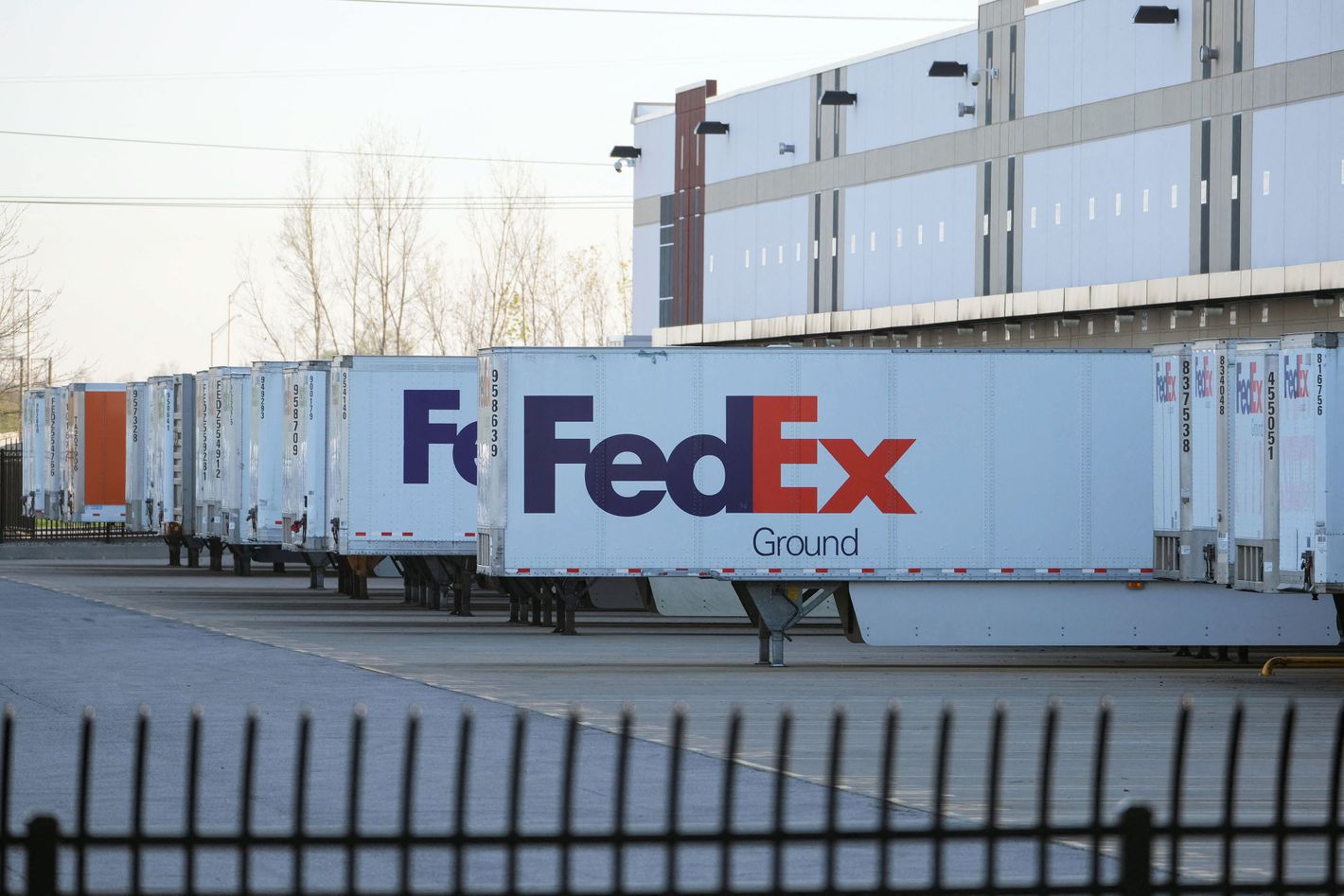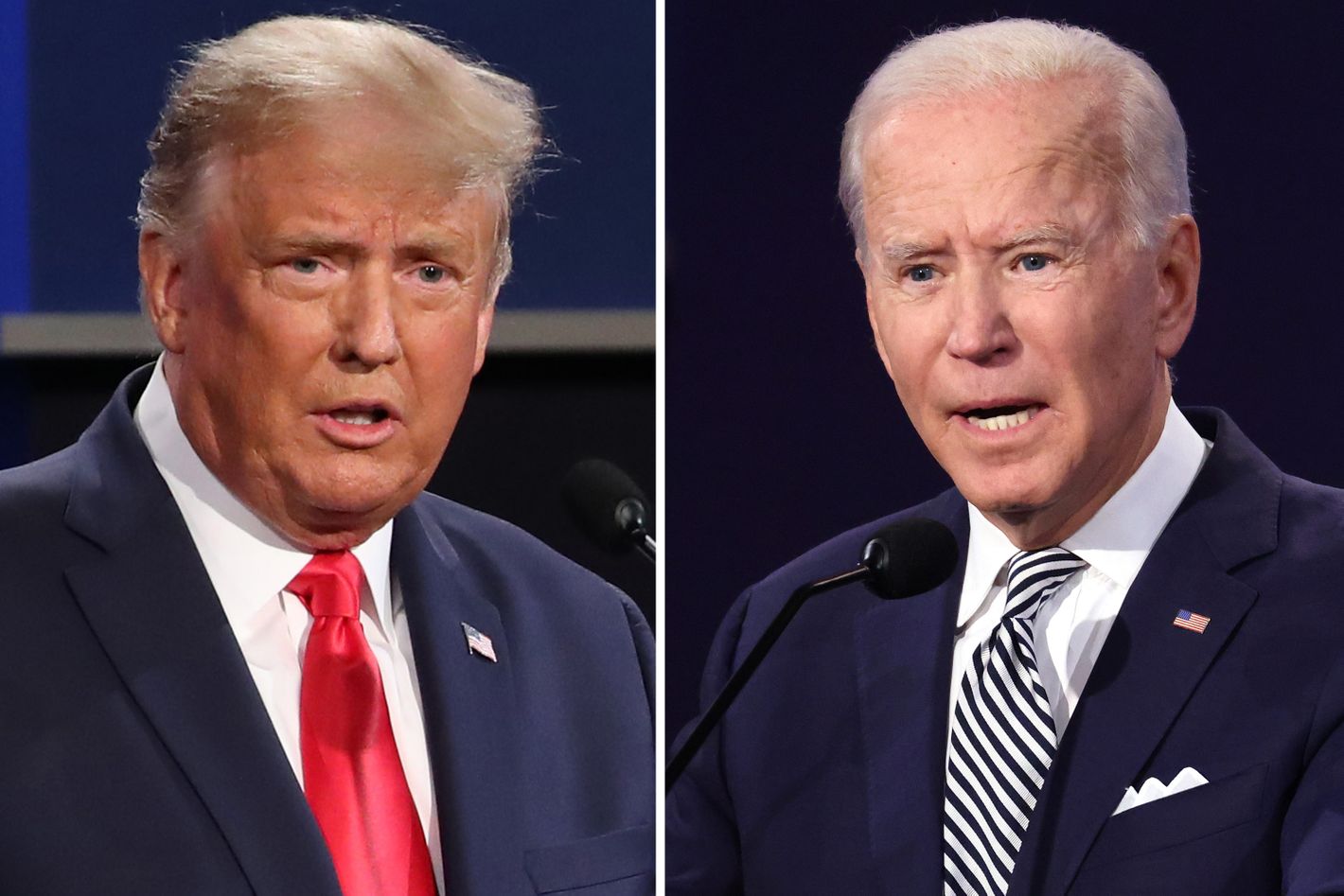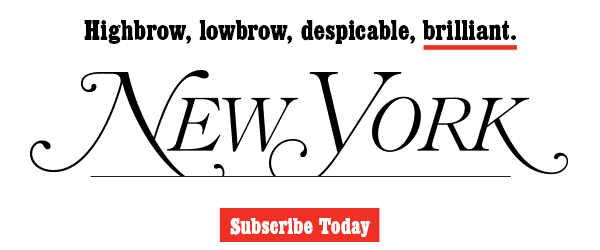| Benjamin Hart: For a long time, cryptocurrency like Coinbase, whose triumphant debut on NASDAQ you wrote about yesterday, seemed to be the province of a relatively small group of tech/futurist types, who evangelized about the potential of non-centralized digital currency. Is it fair to say that between Coinbase, the surprising durability of bitcoin, and the cropping up of other currencies, crypto is now pretty mainstream? |
| Jen Wieczner: I think you said that exactly right — if it wasn’t clear before, this week, with Coinbase going public, cryptocurrency has officially gone mainstream. I mean, bitcoin is approaching $65,000; anyone can buy Coinbase stock the way you would any other stock (even if they have no idea how to buy, or interest in buying, crypto); my dad talks about NFTs like he knows exactly what they are. I think a lot about the banks — a few years ago it was anathema to be into crypto and work at a big Wall Street institution. Now, I’m sure the banks themselves are looking at Coinbase and wondering if they should get into that business, and why it took them so long. You can even look at the newly confirmed SEC chairman, Gary Gensler, a former Goldman Sachs banker who for the past few years has been teaching a course on blockchain and digital currency at MIT. All the crypto companies are excited because it means that finally there’s someone making financial policy in Washington who actually knows their way around this stuff, really knows what they’re talking about when it comes to crypto. That’s never really been true before. And it’s happening sort of all of a sudden, all at the same time! |
| Ben: Does this mean I finally have to start understanding what this stuff actually means? Or to put it another, slightly more serious way: Is bitcoin, etc., on its way to becoming so much a part of everyday markets that it will be mandatory to understand it for basic financial literacy? Are we already there? |
| Jen: Well, look, I think you can interact with bitcoin, and understand its significance in a big-picture sense, without being able to fluently explain the intricacies of how it works — the “mining” process and supply limits, for example, or what hashing is, how a blockchain operates. (And I say that as someone whose editors for years demanded that I explain what a blockchain is, every time I used the word — think about the early articles about the “novel coronavirus,” before everyone knew what it was; now, I think we’re finally approaching the time when enough people understand the basic outline of a blockchain to not have to explain it in each instance.) |
| I hope that’s true, because even I struggle to explain some of the deeper complexities of the technology, but I think the basics that you need to know are fairly straightforward: Bitcoin is the original cryptocurrency. Its founder is Satoshi Nakamoto, which is almost certainly a made-up name, and nobody knows who that is. That’s important, because one of the key pillars of bitcoin (and of a true cryptocurrency) is that it’s decentralized — no one person, institution, or government controls it. That means, theoretically, you can own it, trade it, move it across international borders without being subject to the whims and policies of regulators. Think how different that is to the U.S. dollar, or any currency issued by a central bank, where the supply and relative value among global currencies is controlled by the government. And if you want to think about it in an even simpler way, just think of bitcoin as a digital form of currency — something that instead of going in your wallet, moves seamlessly across the internet (which again, is not so easily done with dollars in any form). That’s going to become more and more relevant, because a lot of governments around the world, including potentially our American government, are considering “digital dollars” — which wouldn’t be decentralized, obviously, but would basically, ideally, make our traditional money as easy (and low-cost) to move as cryptocurrencies are. |
| Ben: That relates to my next question, actually, which is, how might the average person interact with bitcoin, or something like it, for the first time? Forget about understanding it fully, as you said — what would “digital dollars” look like, and how might it actually change the way people live? |
| Jen: I mean, I think at the moment the easiest and most practical — and potentially beneficial — thing to do with bitcoin is just to own it. Invest in it. Don’t worry about spending it. Yes, bitcoin is more than $60,000, so you’ll say, I don’t have that kind of money to just sock away, and certainly not in something as crazy volatile as bitcoin! No problem. One cool thing about cryptocurrency is that you can buy it on a fractional basis, so you can choose however much you want to put in. Only have $20 to spare? You can buy $20 worth, or .0003 of a bitcoin. Who knows? If bitcoin skyrockets, like some people are predicting — or even just continues at the trajectory it’s been on this year — you could stand to make a little bit of money. Of course, the basic rule of cryptocurrency investing is don’t put more money in it than you’re willing to lose, because yeah, this stuff goes down too, and sometimes by a lot. But bitcoin has been around for more than a decade now and seems to be withstanding the test of time. |
| If you do want to buy, places like Coinbase, Robinhood, Square, or even PayPal now are a good place to start — they make it fairly simple to buy crypto, so it feels a lot like buying a stock, or even using Venmo. They’re also (increasingly) regulated, with high levels of cybersecurity defenses, which means your money is less likely to just vanish (which has historically been a problem in crypto). I say don’t worry about spending it because that’s still a bit harder to do. Sure, Tesla says it’s going to start accepting bitcoin as payment soon, but I imagine that a fancy electric car is probably not the only thing you’re thinking of buying? And I mean, it goes up and down so much that you’d have no idea how much you were actually spending. Essentially, cryptocurrency is an asset, like a stock. You wouldn’t think about trying to buy a latte, or a pair of shoes or whatever, with a share of GameStop, would you? That would be insane. As far as digital dollars go, it’s probably most useful to banks and businesses that send large amounts of money all over the place. But I think it could also make it easier to do that in your own life — whether it’s paying rent, or sending money to relatives overseas (which currently costs a lot in fees at places like MoneyGram and Western Union). You might be able to get access to your paycheck sooner without waiting for the money to officially settle in your bank account. A lot of the annoying parts of banking today have to do with the fact that it’s so hard, time-consuming, and expensive to move money around because nothing is truly digital. |
| The huge irony of Coinbase and crypto becoming mainstream is that it means it’s actually not as decentralized as it was designed to be. Even PayPal, Robinhood, etc. — you’re still trusting major corporations with holding your money, just like you do with banks. But maybe that’s too in the weeds … The question then becomes, how much do you trust your bank? How much do you trust these quasi-bank-type companies? |
| But it’s probably fine, unless you, you know, were into bitcoin because you wanted to use it for illegal purposes — buying drugs, financing terrorism, etc. That’s technically one of the benefits of crypto, but probably one that (hopefully) most people aren’t that interested in. |
| Coinbase definitely isn’t going to let you do that — and in fact, they have cooperated with the government, and the IRS, in the past, to root out people who were using cryptocurrency for illicit purposes. That’s the other side of the coin of regulation and being a regulated company — your money is probably safer, but it’s then still subject to the rule of law. |
| Ben: Does that take all the fun out of it for the original crypto boosters? |
| Jen: For some of them, yeah, Coinbase basically seems like a sellout, or they think that it has diverged from the original vision for bitcoin. The idea that there’s a rich, powerful company controlling access to your money is maybe the exact thing they were trying to avoid. So maybe they’ll prefer to manage their crypto themselves, in their own digital wallet — that’s fine, but it’s not the easiest thing to do and comes with a lot of responsibility. Maybe you heard about the guy who forgot the code for his crypto and in doing so lost millions of dollars’ worth of wealth? But I think that’s the price you pay if you want something to be mainstream — for crypto to really catch on, it has to be something that’s intuitive for most people. Coinbase and other big companies are making that possible. |
| |













